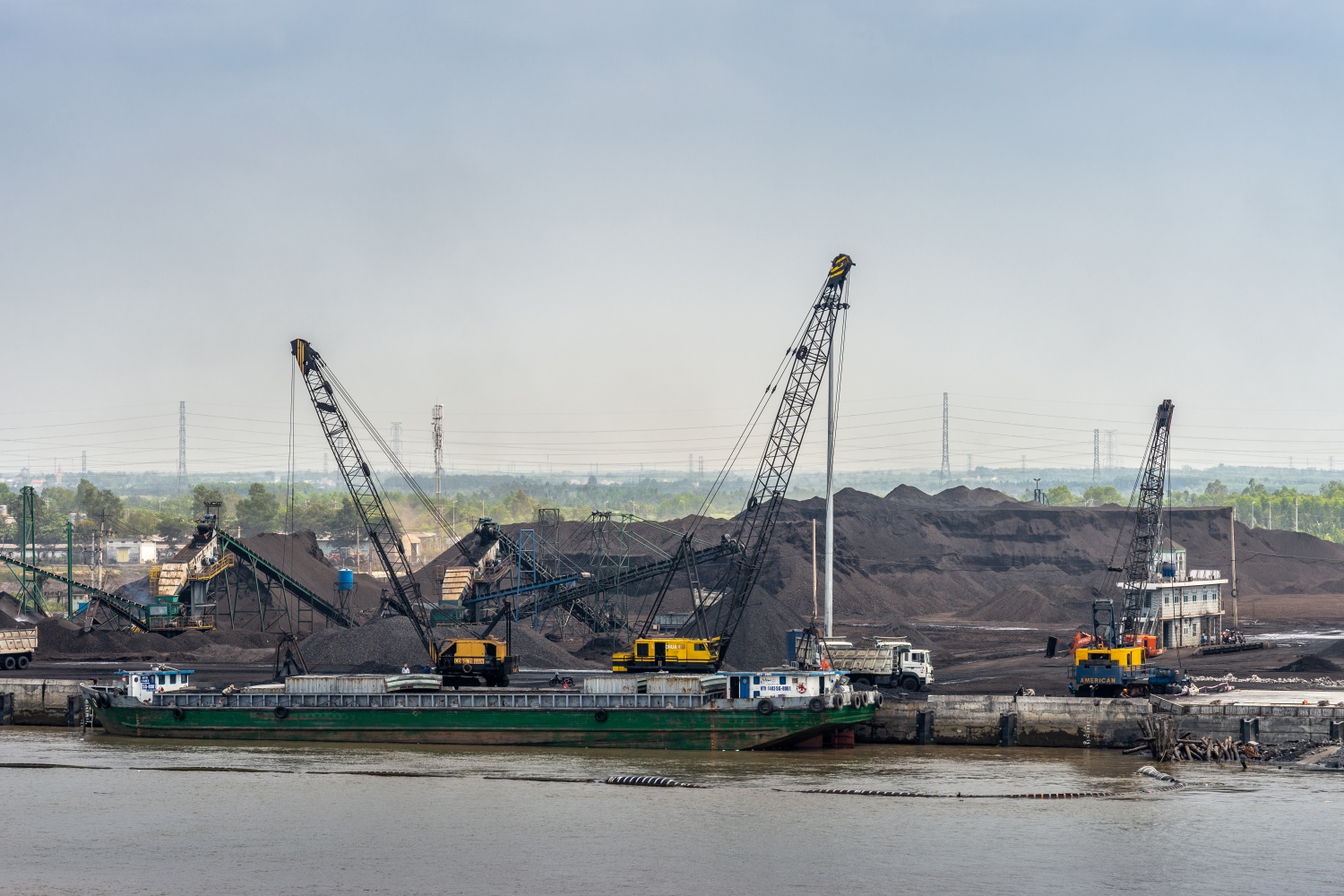Vietnam is one of the world’s biggest coal consumers — a discouraging reputation for a country that has made ambitious commitments to reach net-zero carbon emissions by 2050.
Environment and energy experts said Vietnam’s “coal addiction” won’t fade anytime soon, considering how coal and gas remain its primary source of energy.
Vietnam has made considerable investments in coal power over the past decade and has, in fact, the most installed coal capacity among Mekong countries after China. It also has the world’s third-largest pipeline of new coal power projects.
The country’s coal consumption has been steadily rising since 2012, with a growth rate of 30.2% each year. The country consumed 2.07 exajoules of electricity from coal last year, up 30.2% year-on-year, according to the Statistical Review of World Energy 2020 report by energy firm BP.

For 2022, Vietnam’s total coal demand is about 90 million tonnes, including nearly 50 million tonnes exploited domestically and over 40 million tonnes imported mainly from Indonesia and Australia.
Vietnamese leader Pham Minh Chin affirmed the country’s intention to go carbon-neutral as early as possible. However, energy research and policy analyst Dr. Nandini Das told AFP that “this is not actually what Vietnam is doing at a national level. She added the country’s commitment is “on shaky ground.”
Technologies and financial funding needed
At the opening of the 27th United Nations Climate Change Conference (COP27) in Egypt on Sunday, Vietnam sought the support of G7 countries to realize its climate goals.
The Vietnamese delegation, led by Minister of Natural Resources and Environment Tran Hong Ha, highlighted energy transition as a critical factor in achieving zero emissions in the next three decades.
Tran met with the President of COP26, Alok Sharma, who represents the UK, the EU, and G7, on Sunday and asked for assistance with the transfer of advanced technologies related to wind and solar power to Vietnam,” according to a report by Vietnam state media. Tran said this would help the country effectively and adequately implement energy transition and ensure an affordable and stable energy supply for its 98 million people.
Sharma welcomed Vietnam’s strong commitment to energy transition and agreed to enhance negotiations and deals to help Vietnam break off fossil fuel dependence.

The G7 countries — Canada, France, Germany, Italy, Japan, the United Kingdom, and the United States — are expected to announce this week that they would pour billions of dollars in funding into Vietnam as part of the Just Energy Transition Partnership.
Tran emphasized that Vietnam is fully committed to combating climate change and is ready to cooperate with the international community in delivering on shared commitments. He, however, admitted that shutting down long-established coal-fired power plants will entail difficulties and risks.
“The development of renewable energies must go in pair with ensuring energy security,” said the minister.
More bilateral and multilateral working sessions at the COP27, which will last until November 18, are hoped to pave a more straightforward path for Vietnam’s climate commitments.



